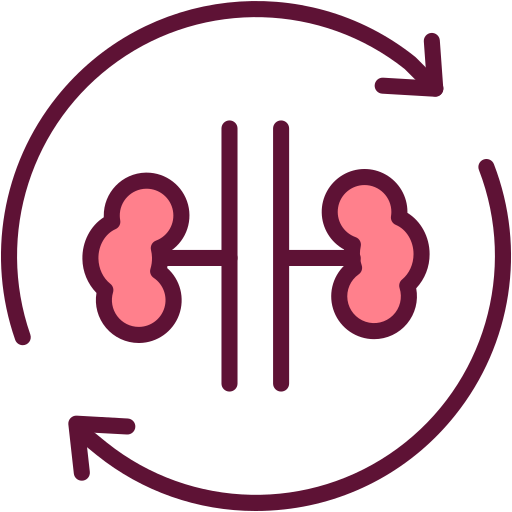
Dr Mayank Bhandari is the Head of Renal Transplant Unit at the Fiona Stanley Hospital, Perth. He has extensive experience in living and cadaveric donor transplantations. Dr Bhandari routinely performs renal transplant surgery at the Fiona Stanley Hospital. Patients with end stage renal failure can be worked up for surgery after consultation with him.
Overview of Kidney transplantation:
A kidney transplant is a surgical procedure to place a healthy kidney from a live or deceased donor into a person whose kidneys no longer function properly (end stage renal disease).

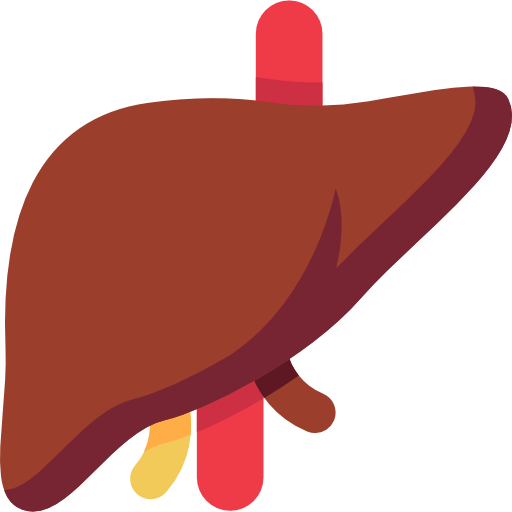
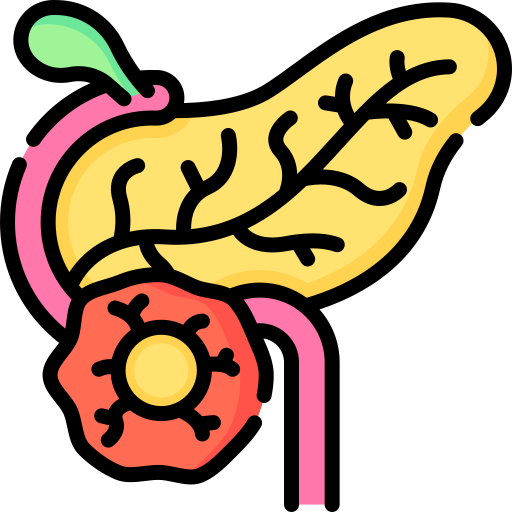
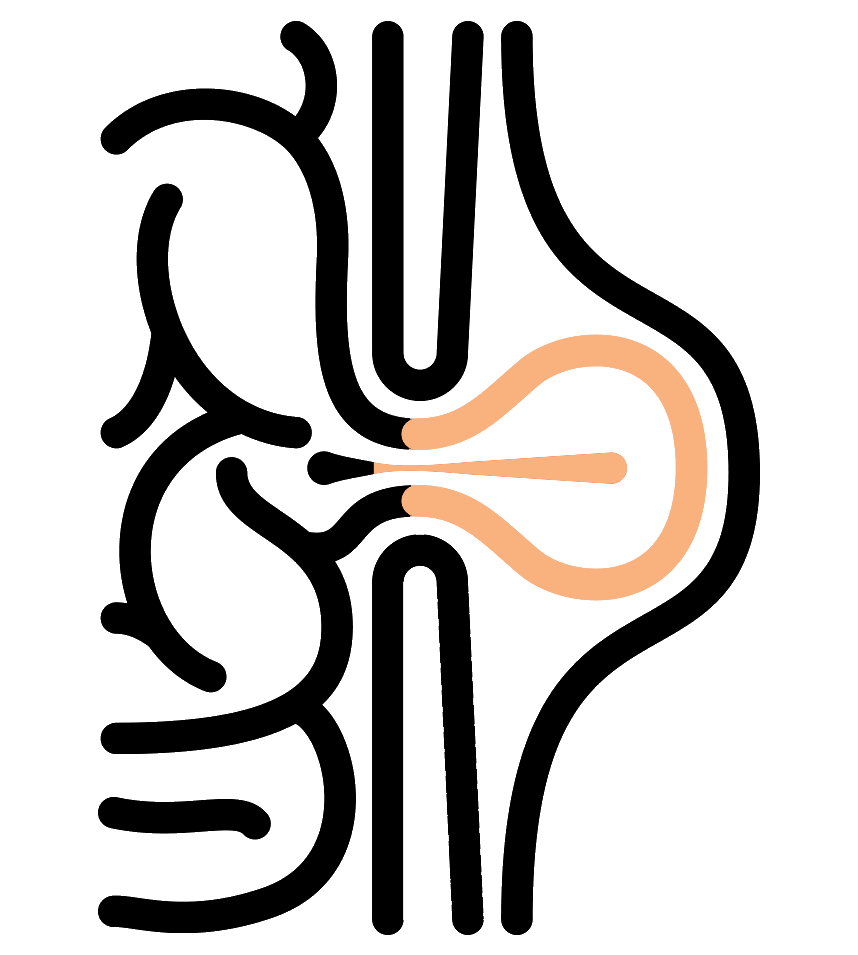
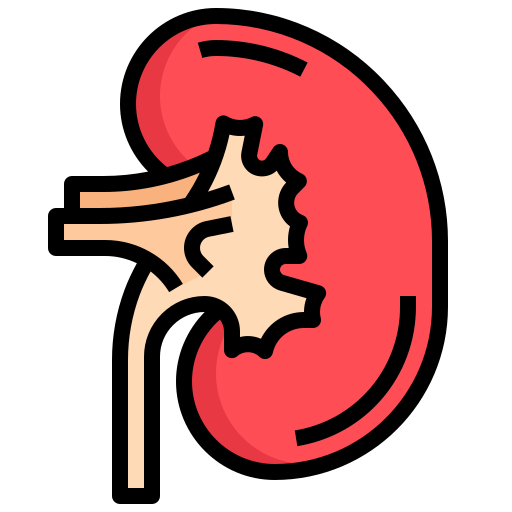

Overview of Kidney transplantation.
A kidney transplant is a surgical procedure to place a healthy kidney from a live or deceased donor into a person whose kidneys no longer function properly (end stage renal disease).
Common causes of end-stage renal disease include:
Types of kidney transplantation.
Renal transplant operation.
During the transplant operation, a new kidney is implanted through an incision in your lower abdomen. It is standard practice to leave your own kidneys in place. Blood vessels of the new kidney are attached to blood vessels in the lower part of your abdomen, just above one of your legs. The new kidney’s ureter is connected to your bladder.
Post operatively, new kidney will make urine like your own kidneys did when they were healthy. Often this starts immediately. In some patients it may take several days. Most kidney transplant recipients can return to work and other normal activities within three to eight weeks after transplant.
Patients will have to take a number of medications after kidney transplant. Drugs called immunosuppressants (anti-rejection medications) help keep your immune system from attacking and rejecting your new kidney. Additional drugs help reduce the risk of other complications, such as infection, after your transplant.
All patients have regular blood tests.
Your message has been sent successfully…
